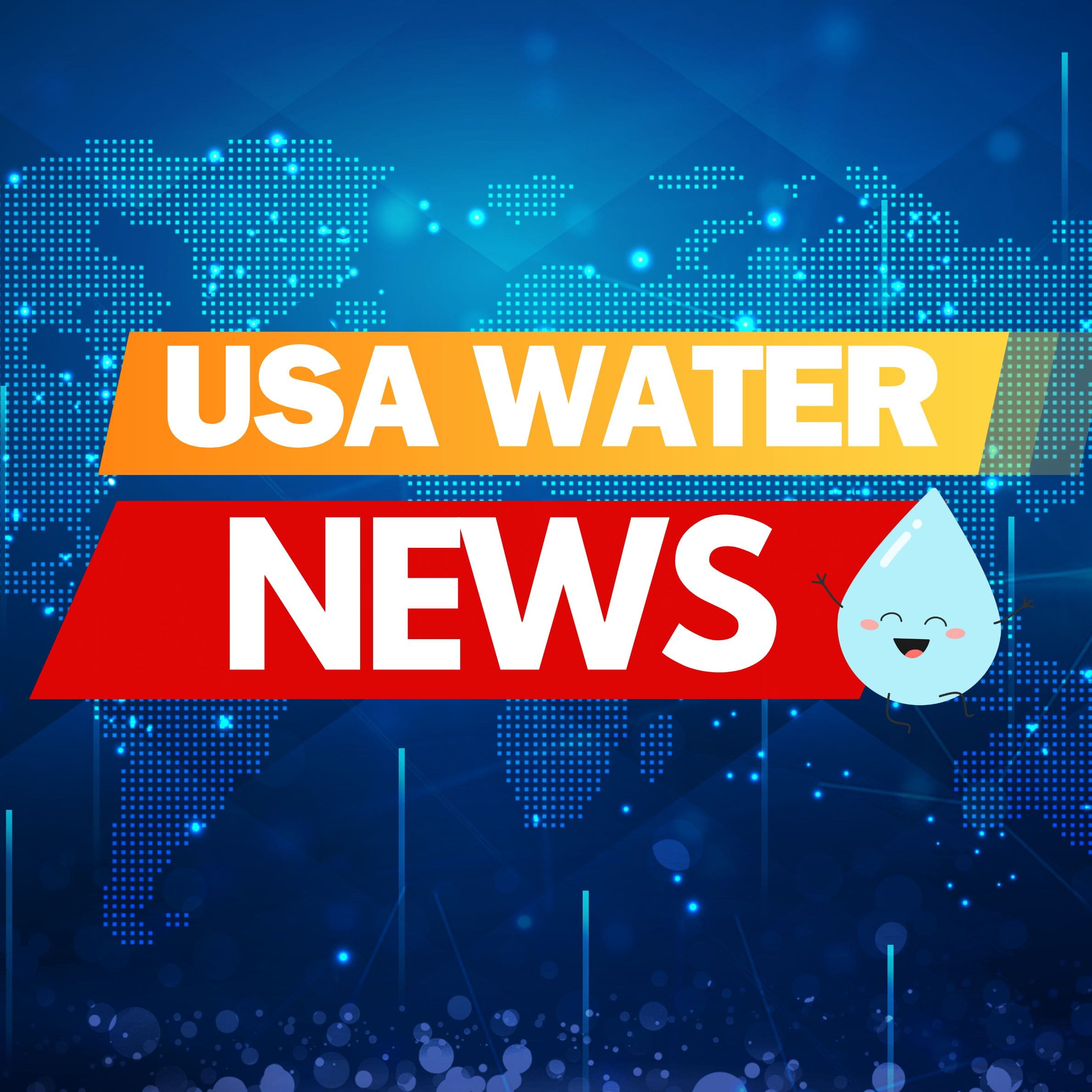Corpus Christi Water Quality at a Glance
growing concerns
Is Corpus Christi Water Safe to Drink?
Generally Yes – Corpus Christi maintains a Superior Public Water System designation and exceeds all federal and state standards. However, the city faces severe drought conditions with Stage 3 water restrictions and emerging concerns about PFAS contamination in harbor water. Disinfection byproducts like bromoform exceed health guidelines in some testing.
⚠️ Key Concerns for Corpus Christi Residents
- Water Shortage Crisis: Reservoirs at 21% capacity, Stage 3 drought restrictions in effect, potential shortfall by April 2027
- PFAS “Forever Chemicals”: Detected in harbor water at 5 parts per trillion, exceeding EPA’s 4 ppt drinking water limit
- Disinfection Byproducts: Bromoform and bromodichloromethane levels exceed health guidelines, increasing cancer risk
- Historical Issues: Four water advisories in 17 months (2015-2016), major contamination event from asphalt emulsifier in December 2016
Read the full report below for detailed analysis, drought impacts, and actionable recommendations for Corpus Christi residents.
Corpus Christi – Texas – Water Quality Report 2025: PFAS Testing, Infrastructure Concerns & Safety across your city
Corpus Christi’s Water Utilities Department serves over 500,000 residents across the city and surrounding communities in the Coastal Bend region. The utility manages extensive water infrastructure, operates the O.N. Stevens Water Treatment Plant, and delivers an average of 100 million gallons daily to this growing Gulf Coast community currently under Stage 3 drought restrictions.
Unlike many Texas cities that rely on groundwater, Corpus Christi draws its drinking water exclusively from surface water sources, primarily the Nueces River System including Lake Corpus Christi and Choke Canyon Reservoir, with the Colorado River via Lake Texana serving as a supplemental supply. This network of reservoirs provides resilience during drought periods common to South Texas. With average annual rainfall of approximately 32 inches, Corpus Christi balances variable precipitation patterns with careful conservation practices. The city has undertaken significant water system upgrades following water quality challenges in 2015-2016, investing over $450 million in infrastructure improvements including water main replacements, treatment plant modernization, and the development of a seawater desalination program to add supply diversity for this critical Gulf Coast industrial and tourism center facing severe drought conditions.

Corpus Christi Water Quality: Current Status (2024-2025)
Latest Testing Results
- Lead Levels: The most recent testing period (January-December 2023) showed 90th percentile lead levels of 3.8 parts per billion (ppb), well below the EPA action level of 15 ppb, reflecting improved corrosion control measures implemented after the 2015-2016 water quality incidents.
- Testing Scope: Corpus Christi conducts over 70,000 water quality tests annually, with enhanced monitoring for disinfection byproducts, corrosion indicators, and microbial parameters through a comprehensive sampling network.
- Compliance Status: Corpus Christi’s water meets all federal and state drinking water standards, maintaining full compliance with EPA and Texas Commission on Environmental Quality (TCEQ) regulations and earning Superior Public Water System designation.
Surface Water Supply
- Nueces River System: Primary source (approximately 50% of current supply during drought) including Lake Corpus Christi and Choke Canyon Reservoir, providing 85 billion gallons of storage capacity but currently at only 17.4% combined capacity.
- Mary Rhodes Pipeline: Critical source (approximately 50% of current supply) delivering Colorado River water from Lake Texana, recently upgraded to maximum capacity of 72-79 million gallons per day, with a 101-mile Phase I and 42-mile Phase II extension.
- Drought Contingency: Comprehensive five-stage drought response plan with specific triggers based on combined reservoir levels, currently operating under Stage 3 restrictions due to severe drought conditions.
Treatment Excellence
- O.N. Stevens Water Treatment Plant: Recently upgraded facility utilizing coagulation, sedimentation, filtration, and disinfection, with current capacity of 167 million gallons per day and planned expansion to approximately 200 million gallons per day.
- Enhanced Disinfection: Primary chloramine disinfection with periodic free chlorine conversion maintenance periods to ensure distribution system integrity and biofilm control.
- Corrosion Control: Optimized pH adjustment and phosphate inhibitor addition to prevent corrosion in the distribution system, with continuous monitoring to maintain water stability.
Infrastructure Transformation
- Water System Improvement Program: $450 million investment in water infrastructure upgrades including treatment, transmission, and distribution improvements to address aging infrastructure and enhance water quality.
- Pipeline Replacement: Accelerated program replacing aging asbestos-cement and cast iron water mains, with priority for areas with water quality concerns or frequent breaks.
- Desalination Development: Progress on seawater desalination project to diversify water supply portfolio, with two permits secured and site selection underway for a 20 million gallon per day facility, though facing PFAS contamination concerns in harbor water.
Coastal Resilience Planning
Corpus Christi has developed a comprehensive water resilience strategy addressing the unique challenges of its Gulf Coast location and susceptibility to tropical weather systems. The city’s “Water Supply Diversification Plan” and “Coastal Resiliency Master Plan” include measures to protect critical infrastructure from storm surge, enhance backup power capabilities, and ensure rapid service restoration following hurricane impacts. The utility has implemented automated distribution system controls that can isolate damaged segments and reroute water flow during emergencies. Corpus Christi’s water management approach now balances ecosystem needs with human consumption through environmental flow provisions for the Nueces Estuary. The city’s forward-looking planning emphasizes supply diversification with the development of alternative sources including seawater desalination and aquifer storage and recovery to reduce vulnerability to drought and strengthen overall system resilience against increasingly severe climate-driven disruptions.
Recommendations for Corpus Christi Residents
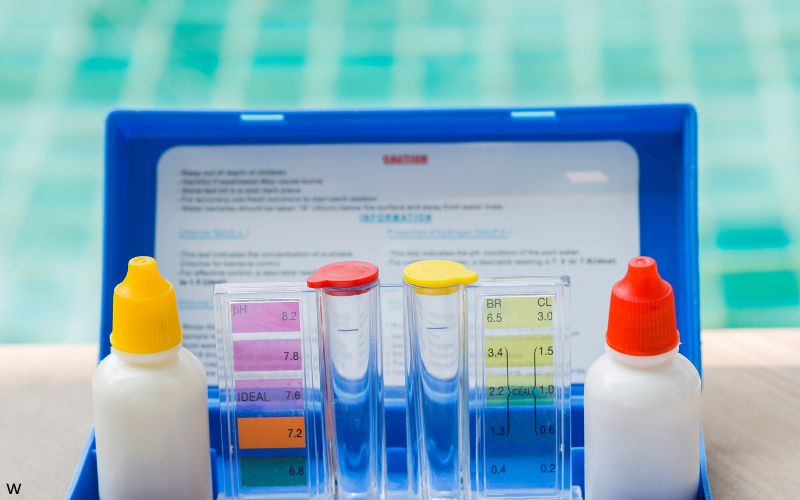
Request Water Testing
Corpus Christi residents can request free water quality testing by calling (361) 826-1800. This service is especially recommended for homes built before 1988, those with older plumbing, or residents who notice unusual water taste, odor, or appearance.
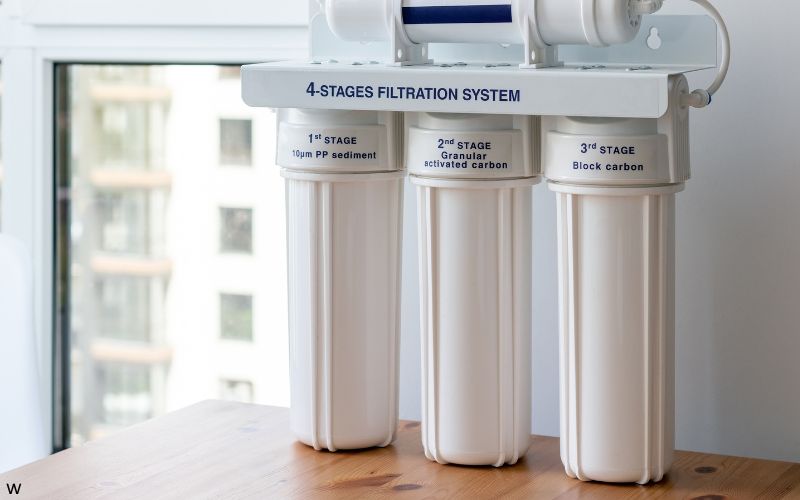
Consider Filtration
While Corpus Christi water meets all health standards, residents concerned about taste, disinfection byproducts, or emerging contaminants like PFAS may benefit from NSF-certified activated carbon filters (Standard 53). During free chlorine maintenance periods, filters can help reduce chlorine taste and odor.
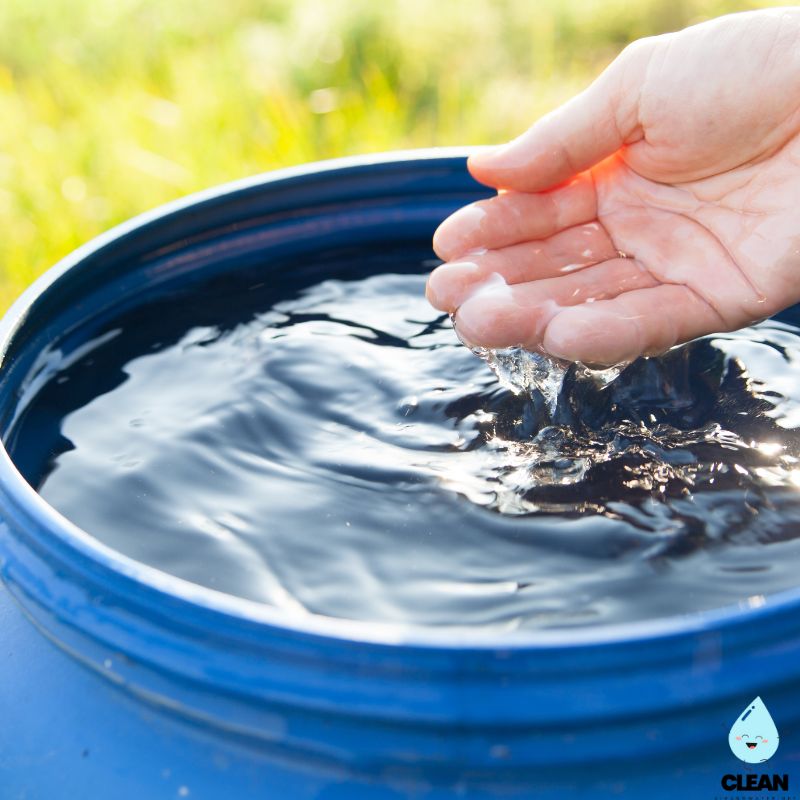
Practice Conservation
Participate in Corpus Christi’s water conservation programs, including rebates up to $300 for WaterSense-labeled irrigation controllers and high-efficiency toilets. During current Stage 3 drought restrictions, follow mandatory water use limitations available at stage3.cctexas.com.
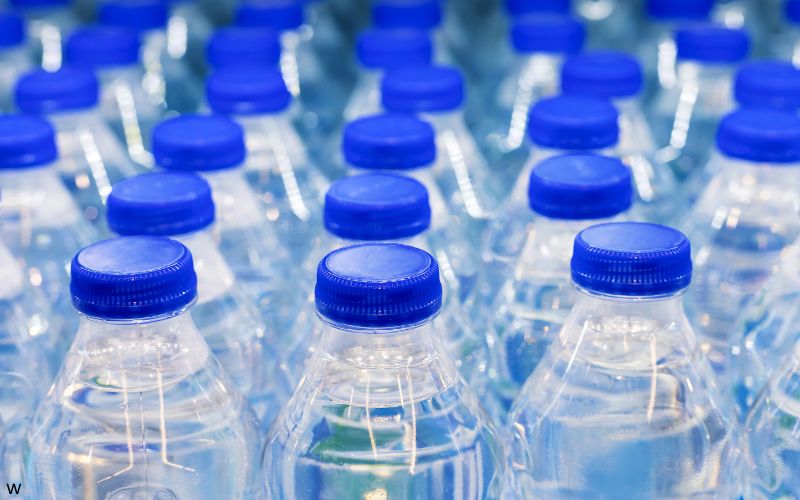
Prepare for Emergencies
Maintain an emergency water supply of at least one gallon per person per day for a minimum of three days as part of hurricane preparedness. Sign up for CC Alert emergency notifications at cctexas.com/alerts to receive water advisories during storm events or drought emergency declarations.
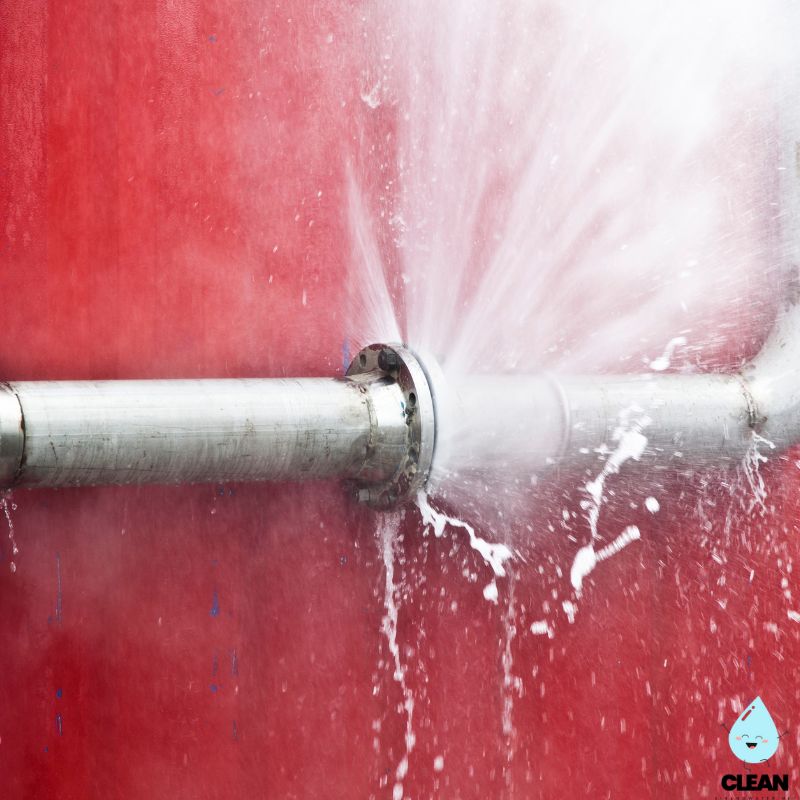
Report Water Issues
Report water main breaks, water quality concerns, or pressure problems immediately through the CC Mobile app or by calling (361) 826-CITY (2489). Prompt reporting helps prevent potential contamination and reduces water waste during critical drought conditions.
Quality News About Your Water
Get the comprehensive water quality news coverage you need with our dedicated US Water News Service. From coast to coast, we deliver in-depth reporting and expert analysis on PFAS contamination, EPA regulatory changes, infrastructure developments, and emerging water safety issues affecting communities nationwide. While mainstream media only covers the biggest stories, we provide the detailed, ongoing coverage that helps you understand the full scope of America’s water challenges. Whether you’re a concerned citizen, water professional, or community leader, our daily updates and analytical insights keep you informed about the issues that matter most to public health and environmental safety.
Frequently Asked Questions
Is Corpus Christi’s tap water safe to drink?
Yes, Corpus Christi’s tap water is safe to drink and meets all federal and state quality standards. The water undergoes comprehensive treatment at the O.N. Stevens Water Treatment Plant, including coagulation, sedimentation, filtration, and disinfection processes.
Following water quality incidents in 2015-2016, the city implemented significant system improvements including enhanced monitoring, improved corrosion control, and strategic water main replacements. The water system now operates under strengthened oversight with additional safeguards and has earned Superior Public Water System designation.
Corpus Christi conducts over 70,000 water quality tests annually, with results showing consistent compliance with all health-based standards. However, emerging concerns include PFAS contamination detected in harbor water and disinfection byproducts that exceed some health guidelines. If you notice unusual taste, odor, or appearance in your water, the city offers free testing services by calling (361) 826-1800.
What are “free chlorine conversions” and why are they necessary?
Corpus Christi periodically converts its water disinfection process from chloramines (combined chlorine and ammonia) to free chlorine as a preventative maintenance measure. These conversions typically occur 1-2 times per year and last approximately 4 weeks. Here’s why they’re necessary:
• Biofilm control: Free chlorine is more effective at removing biofilm buildup in the distribution system
• Distribution system maintenance: Helps maintain long-term water quality throughout the extensive water main network
• Nitrification prevention: Disrupts nitrification processes that can develop in chloramine-treated water systems
• Industry best practice: Recommended by regulatory agencies and water industry experts
During these periods, residents may notice a stronger chlorine smell and taste in their water, which can be reduced by using a pitcher filter or refrigerating water in an open container. These temporary changes in disinfection practice are safe and essential for maintaining long-term water quality.
How does Corpus Christi manage water supply during droughts?
Corpus Christi implements a comprehensive drought management approach to ensure water reliability during South Texas’ periodic dry spells, though the city is currently facing its most severe water crisis in decades:
• Diversified Supply: Water is sourced from multiple reservoirs including Lake Corpus Christi, Choke Canyon, and Lake Texana via the Mary Rhodes Pipeline, but western reservoirs are at critically low 17.4% combined capacity
• Five-Stage Drought Contingency Plan: Progressive water restrictions triggered by combined reservoir capacity thresholds, currently operating under Stage 3 restrictions with significant usage limitations
• Emergency Water Projects: Accelerated infrastructure improvements including Mary Rhodes Pipeline expansion to maximum 72-79 MGD capacity and emergency groundwater well drilling
• Industrial Partnerships: Agreements with major industrial customers to reduce consumption during severe drought periods, though new industrial demand continues to strain supply
• Alternative Water Development: Urgent progress toward seawater desalination to provide drought-proof supplemental supply, though facing environmental concerns about PFAS contamination in harbor water
Current reservoir levels and drought stage information are available at stage3.cctexas.com. The city projects potential water shortfall by April 2027 without significant rainfall or completion of alternative supply projects.
What improvements has Corpus Christi made to its water system?
Following the water quality challenges of 2015-2016, Corpus Christi has implemented extensive system improvements totaling over $450 million:
• O.N. Stevens Treatment Plant Upgrades: $75 million in modernization including enhanced coagulation systems, clarifier improvements, and advanced monitoring technology with planned expansion from 167 MGD to approximately 200 MGD capacity
• Water Main Replacement Program: Accelerated replacement of aging asbestos-cement and cast iron pipes, with over 60 miles of pipeline replaced since 2017
• Corrosion Control Optimization: Enhanced treatment protocols and monitoring to prevent corrosion and maintain distribution system integrity
• Elevated Storage: Construction of new elevated storage tanks improving system pressure and emergency reserves
• Mary Rhodes Pipeline Enhancement: Completion of Phase 2 and recent upgrades to maximum pumping capacity of 72-79 MGD, increasing system reliability and drought resilience
• SCADA System Modernization: Implementation of advanced monitoring and control systems providing real-time operational oversight
The city continues to implement its long-term Capital Improvement Program with additional projects planned through 2030, including emergency water supply projects and seawater desalination development to address current drought crisis.
Contaminants of Concern

Disinfection Byproducts
Source: Formed when disinfectants (chlorine or chloramine) react with naturally occurring organic matter in surface water sources, particularly during warmer months or periods of higher organic content in reservoirs
Health Effects: Long-term exposure to elevated levels may increase risk of certain cancers and reproductive effects; short-term exposure is not considered an immediate health concern
Current Status: Monitored quarterly throughout the distribution system; levels fluctuate seasonally but remain below EPA limits; however, third-party testing has found some disinfection byproducts like bromoform exceeding health guidelines

PFAS “Forever Chemicals”
Source: Industrial activities, firefighting foam, and consumer products; detected in Corpus Christi harbor water at levels exceeding EPA drinking water limits, raising concerns about seawater desalination plans
Health Effects: Linked to cancer, immune system damage, decreased vaccine response in children, increased cholesterol, liver damage, and reproductive harm; PFAS do not break down naturally and accumulate over time
Current Status: Harbor water testing revealed 5 parts per trillion, exceeding EPA’s 4 ppt drinking water limit; ongoing monitoring required as city develops desalination project and evaluates removal technologies
Please read – our information
The information presented on cleanairandwater.net is compiled from official water quality reports, trusted news sources, government websites, and public health resources. While we strive for accuracy and thoroughness in our presentations, we are not scientists, engineers, or qualified water quality professionals.
Our mission is to present water quality information in an accessible, real-world format that helps people understand what’s in their water and make informed decisions about their health and safety. We believe that complex environmental information should be available to everyone in a format that’s easy to understand.
We make every effort to ensure our content is current and accurate, but we cannot guarantee that all information is complete or error-free. This website should not replace official communications from your local water utility or health department. We always recommend consulting official sources for the most up-to-date information regarding your specific water system.
Clean Air and Water is not liable for any unintentional errors, omissions, or outdated information. The content on this site is provided for informational purposes only and should not be considered professional advice.


